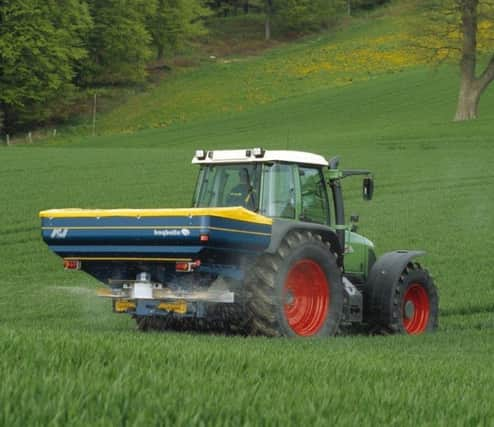NI Grain Trade Brexit outlook


The agri supply sector represented locally by the Northern Ireland Grain Trade Association, are seeking a Brexit outcome which recognises the strategic importance of UK agriculture and its ability to produce high quality food in a sustainable way through the efficient use of available resources.
The province’s high dependence on imported feed materials for the intensive livestock sector means that it is vitally important to maintain existing trading patterns, ensuring favourable access to grains, feed and fertiliser on the global marketplace – preferably free of quotas or tariffs. Currently 90% of feed ingredients are imported – roughly half from within the EU and half from third countries such as North and South America. Agribusinesses are calling for government to work constructively with EU partners to develop a bilateral approach to agricultural trade which facilitates historic trading patterns - appreciating that the vast majority of food produced in Northern Ireland is for consumption beyond these shores.
Advertisement
Hide AdAdvertisement
Hide AdPractical and workable solutions could be agreed through a process of mutual recognition of standards and quality criteria. These high standards of assurance and safety, to which we currently operate, are key to market access, both new and existing, and must be clearly visible throughout the food chain. However, they must also apply to all imports of food into the UK – particularly from the low cost regions where production is less well regulated.
Local businesses are adamant that any solution must remove the threat of disruption to trade, through physical delays and administrative burden associated with a hard border. The daily movement of thousands of tonnes of meat, milk and grain throughout Ireland are essential to the efficient operation of many agri-food businesses. In addition, the transatlantic shipments of feed materials, with vessels often carrying over 50,000 tonnes, generally involve discharge in more than one port – Belfast, Dublin or Cork.
Industry leaders are calling for government to promote a growth agenda based on a competitive and efficient agri-food sector delivering growth, jobs and productivity. This has to be based on profitable and efficient farm businesses supported by a program to drive competitiveness and sustainability. This should also include protection against the extremes of price volatility at farm level.
There is potential for such a program to reduce the UK’s dependence on imported food through a focus on local supply, produced to the highest standards, in a well-regulated and welfare friendly environment and to invigorate farming and the rural economy.